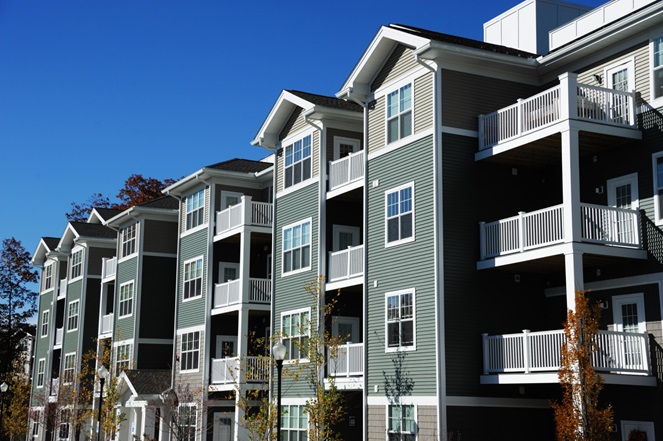How do I Invest in Real Estate? Your Questions Answered

Have you heard the news that inflation hit a 30 year high last August? For anyone that hopes to retire someday, this news is definitely a bit concerning.
What kind of assets can you invest in to protect yourself from inflation? How can you be sure that your savings are working for you and not against you?
One classic option is real estate investment. When you own rental property, you can rest assured that your home will appreciate and rent prices will rise as inflation rises.
How do I invest in real estate, though? Owning a rental property isn’t the only way of going about it. Let’s take a look at the different options.
How Do I Invest in Real Estate?
There are a number of reasons why real estate investment might be appealing to you versus stock and bond investments. For one, you can often use leverage in order to finance properties. There is a range of options when it comes to real estate investing, from owning and operating your own rental properties all the way to simply investing in REITs.
Rental Properties
If you have renovation and DIY skills, owning rental properties might be a great investment opportunity for you. You also need to have the patience for managing tenants.
To invest in this way, you will need a substantial amount of capital in order to cover vacant months and up-front maintenance costs.
There are a number of pros and cons to this strategy. On the plus side, owning rental property can provide you with regular income as well as property appreciation over time. There are also many tax deductions you can take advantage of and it’s also a way to maximize capital through leverage.
On the downside, managing tenants can be tedious and frustrating. Your income can also be reduced if you hold vacancies, and tenants can cause costly property damage.
If you’re looking for financing as a real estate investor, check out LendSimpli.
House Flipping
If you have a lot of experience n real estate valuation, renovation, and marketing, house flipping might be right for you. You will need upfront capital to go this route as well as the ability to make repairs or to oversee repairs.
House flippers are often looking to sell these properties in less than six months. These people either buy undervalued properties and resell them at a higher price or buy homes at a reasonable price and then add value through renovations.
The pros of house flipping are that it can offer quick returns and that it doesn’t tie up capital for as long a period of time. On the negative side, you run the risk of getting stuck with a house and dealing with the ongoing costs. Additionally, it requires that you have deeper market knowledge in order to be successful.
Investment Groups
If you’re interested in owning rental properties without dealing with actually managing the real estate, a real estate investment group (REIG) might be right for you. These are basically like small mutual funds that focus on investing in rental real estate.
Usually, a company will build or buy a set of condos or apartment blocks and then let investors join the group by purchasing them through the company. You can either own multiple units or one single unit. However, the company that runs the investment group is responsible for managing all of the maintenance, advertising, tenant selection, and property management.
A percentage of the monthly rent goes to the company as payment for these services.
This can be a good option because it provides both income and appreciation without being as hands-on as owning rental properties. On the other hand, there are still vacancy risks and you’re susceptible to dishonest managers. Additionally, the fees are similar to investing in mutual funds.
Investment Trusts
Lastly, if you want to have exposure to real estate in your portfolio but don’t want to deal with traditional property transactions, this might be the route for you. A real estate investment trust (REIT) is bought and sold just like any other stock on the major exchanges.
On the upside, these are essential dividend-paying stocks. The core holdings also tend to be cash-producing, long-term leases. On the downside, you won’t reap the benefits of leverage that is associated with traditional rental real estate.
How to Find the Best Cities For Real Estate Investment
When you’re trying to find the best cities for real estate investment, there is literally an infinite number of factors you could consider as a part of your search. To help narrow down your options, using macroeconomic factors at first can be helpful.
Four useful factors to pay attention to in this regard include:
- Population trends
- Economy and employment
- Salary and income trends
- Price to rent ratios
Ultimately, you are looking for a location that is on the up and up but hasn’t yet reached its peak.
Getting Started With Real Estate Investment: Is It Right For You?
As you can see, there is a spectrum when it comes to real estate investment regarding how hands-on or hands-off you are. Some people might enjoy being a landlord and have good luck with tenants, while someone else might want to stay away from managing individual properties entirely. It’s worth putting some time into deciding exactly what kind of relationship you want with your property, whether you want to be the owner-operator, if you’d actually rather just invest in REITs, or something in between.
Did you find this article answering the question “how do I invest in real estate?” interesting? If so, be sure to check out the rest of our blog for more fascinating and informative content!







